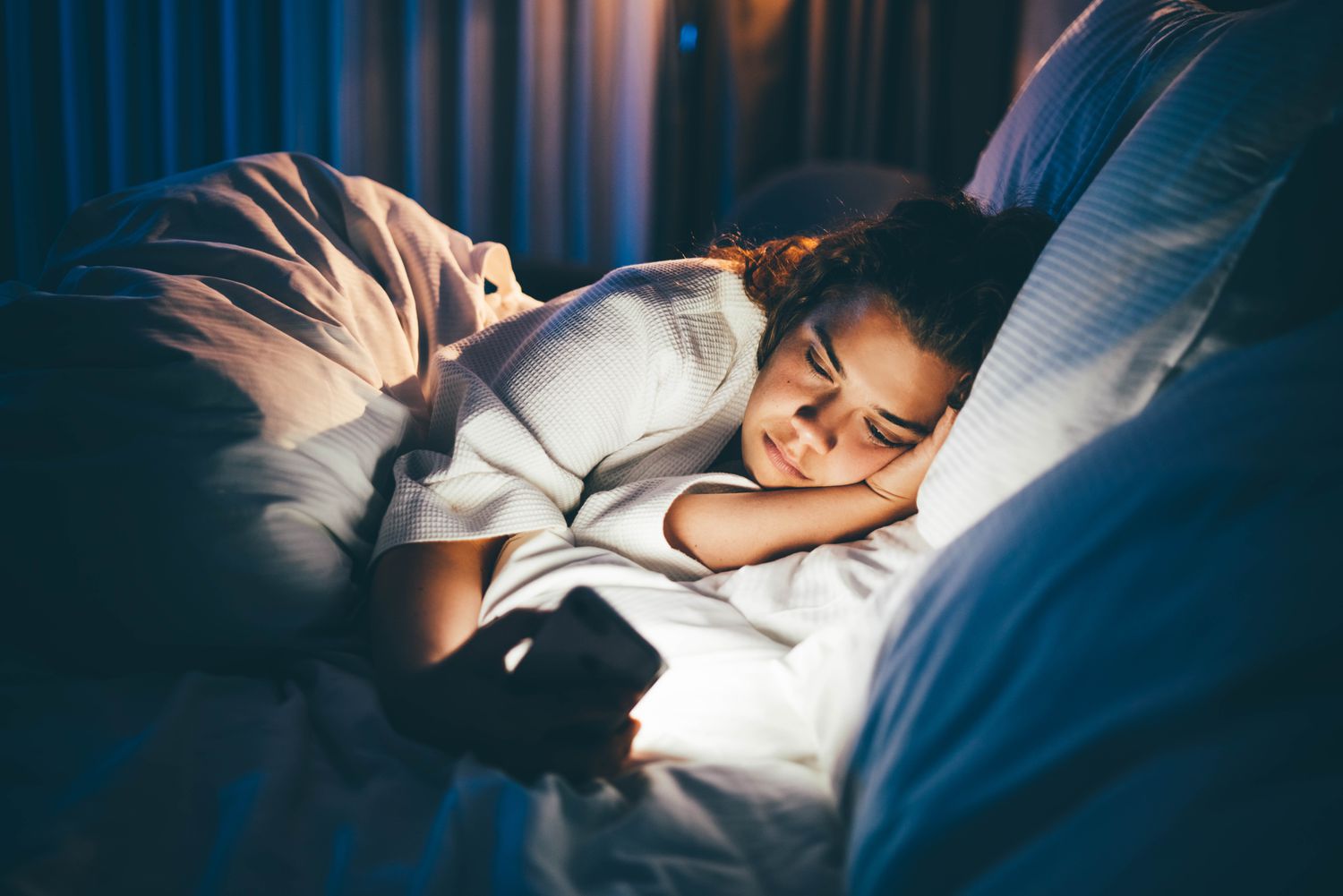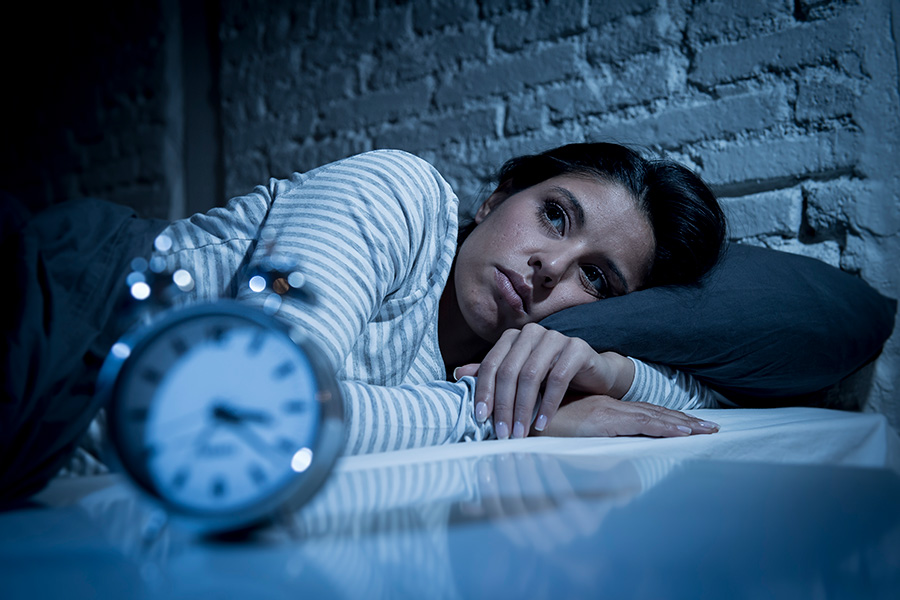Struggling to fall asleep at night? You’re not alone. Approximately 60 million Americans suffer from insomnia each year, making it one of the most common sleep disorders affecting people of all ages. While the temptation to reach for sleeping pills might be strong, natural remedies often provide more sustainable, long-term solutions without the risk of dependency or side effects.
Insomnia manifests in various ways – difficulty falling asleep, frequent nighttime awakenings, early morning wake-ups, or simply not feeling rested despite spending adequate time in bed. The impact extends far beyond nighttime hours, affecting daytime energy levels, concentration, mood, and quality of life. Whether you’re dealing with occasional sleeplessness or chronic insomnia, understanding that effective solutions exist beyond the pharmacy can be empowering.
The good news is that behavioral changes and natural remedies are usually the most effective treatments for long-term insomnia sufferers. Research consistently shows that cognitive behavioral therapy and lifestyle modifications can be as effective as, or even more effective than, sleep medications. These approaches address the root causes of sleep problems rather than merely masking symptoms, leading to lasting improvements in sleep quality and duration.
Establish a Consistent Sleep Schedule

Your body’s internal clock, or circadian rhythm, thrives on consistency. Going to bed and waking up at the same time every day – even on weekends – helps regulate your natural sleep-wake cycle. This practice trains your body to expect sleep at specific times, making it easier to fall asleep and wake up naturally.
Start by choosing a realistic bedtime that allows for 7-9 hours of sleep before your desired wake time. Stick to this schedule religiously for at least two weeks to allow your body to adjust. If you’re currently going to bed very late, gradually shift your bedtime earlier by 15-30 minutes each night until you reach your target time.
Create an Optimal Sleep Environment
Your bedroom should be a sanctuary designed specifically for sleep. Keep your room dark, quiet, and at a comfortable temperature. Use blackout curtains or blinds to block external light sources, and consider a sleep mask if needed. Even small amounts of light can interfere with melatonin production, the hormone responsible for sleepiness.
Temperature plays a crucial role in sleep quality. Most people sleep best in a cool environment, typically between 60-67°F (15-19°C). Use fans, air conditioning, or breathable bedding materials like bamboo to maintain optimal temperature. Additionally, minimize noise with earplugs or a white noise machine to mask disruptive sounds.
Master the Art of Relaxation Techniques
Mantra repetition can significantly improve sleep quality by calming an overactive mind. Researchers found that women who practiced mantra repetition experienced reduced levels of insomnia after just one week. Choose a simple, positive phrase in any language that resonates with you. Repeat it mentally or aloud, gently returning your focus to the mantra whenever your mind wanders.
Progressive muscle relaxation, breathing exercises, and meditation are equally effective relaxation methods. These techniques help control your breathing, heart rate, and muscle tension, creating the ideal physiological state for sleep. Practice these methods regularly, not just when you’re having trouble sleeping, to maximize their effectiveness.
Incorporate Strategic Physical Activity

Regular exercise can dramatically improve sleep quality, though timing is crucial. Participants in a 2015 study who exercised for at least 150 minutes per week for six months experienced significantly fewer symptoms of insomnia, along with reduced depression and anxiety. Moderate aerobic exercise boosts the amount of nourishing slow-wave (deep) sleep you get.
However, avoid vigorous exercise within 3-4 hours of bedtime, as it releases endorphins that can keep you awake. Instead, aim for morning or afternoon workouts. If evening is your only option, choose gentle activities like yoga or stretching, which can actually promote relaxation and better sleep.
Optimize Your Diet and Timing
What and when you eat significantly impacts sleep quality. Avoid caffeine after lunch, as it can stay in your system for up to five hours. This includes coffee, tea, chocolate, and some medications. Similarly, limit alcohol consumption, especially after dinner, as it disrupts sleep patterns and can cause middle-of-the-night awakenings.
Eat a light dinner at least two hours before bed to prevent digestive discomfort from interfering with sleep. If you’re hungry before bedtime, opt for a small snack that won’t cause heartburn. Avoid drinking large amounts of fluids close to bedtime to minimize nighttime bathroom trips.
Harness the Power of Natural Sleep Aids
Several natural substances can promote better sleep without the side effects of pharmaceutical options. Magnesium helps muscles relax and relieve stress, encouraging healthy sleep patterns. A 2012 study found that participants taking 500mg of magnesium daily for two months experienced fewer insomnia symptoms and improved sleep patterns. Men can take up to 400mg daily, while women can take up to 300mg.
Lavender oil has been shown to improve sleep patterns, particularly when taken orally. Research indicates that 20-80mg of lavender daily can be beneficial, or you can use it in a diffuser or spray it on your pillow. Chamomile tea is another excellent option, believed to interact with brain receptors involved in the sleep-wake transition.
Practice Proper Sleep Hygiene
Use your bedroom and bed exclusively for sleep and intimacy – avoid working, watching TV, or engaging in stimulating activities in bed. This helps your brain associate the bedroom with sleep rather than alertness or stress.
Limit screen time several hours before sleep, as the blue light from electronic devices can suppress melatonin production. If you must use devices, consider blue light filtering glasses or apps that reduce blue light emission. Instead of scrolling through your phone, try reading a book with dim lighting, which can actually encourage sleep by distracting you from daily worries.
Manage Stress and Racing Thoughts

Try to put your worries and planning aside when you get into bed. Create a “worry time” earlier in the evening to address concerns, then consciously set them aside for sleep. Journaling can be particularly effective for this purpose, allowing you to externalize anxious thoughts.
If you can’t fall asleep within 20 minutes, get up and do a quiet, non-stimulating activity until you feel sleepy, then return to bed. This prevents your brain from associating bed with wakefulness and frustration.
Consider Professional Support
Cognitive Behavioral Therapy for Insomnia (CBT-I) is often as effective as or more effective than sleep medications. This structured program helps identify and replace thoughts and behaviors that cause sleep problems. Recent research shows that telemedicine CBT-I sessions can be as effective as in-person therapy, making this treatment more accessible than ever.
If natural remedies don’t provide sufficient relief after several weeks of consistent practice, consult with a healthcare provider. They can help identify underlying medical conditions or medications that might be contributing to your insomnia and develop a comprehensive treatment plan.
Remember, overcoming insomnia naturally often requires patience and consistency. Most people see improvements within 2-4 weeks of implementing these strategies, but lasting change may take longer. The key is finding the combination of techniques that work best for your unique situation and lifestyle.

